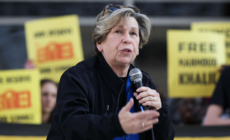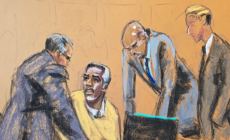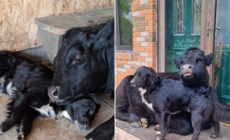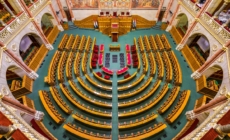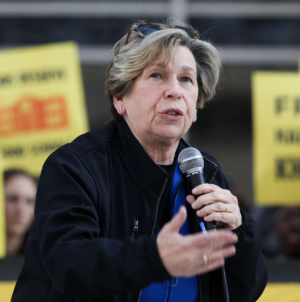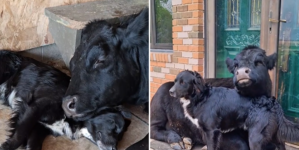-
DNC Faces Fresh Blow as 23-Year Veteran Resigns Amid Leadership Fallout - 8 mins ago
-
Diddy’s ex-girlfriend, Jane, completes testimony in sex trafficking, racketeering case - 11 mins ago
-
FM: Zelensky has a vested interest in having a ‘puppet government’ in Hungary - 32 mins ago
-
Costa Rica vs. Suriname Concacaf Gold Cup Highlights | FOX Soccer - 41 mins ago
-
Internet Can’t Cope With Dog and Cow’s Adorable Friendship: ‘Her Baby’ - 48 mins ago
-
Orbán: We don’t want the war to become our war - about 1 hour ago
-
Manfred Ugalde's superb penalty finish seals Costa Rica's victory over Suriname - about 1 hour ago
-
Why JJ Spaun was at CVS at 3AM the Morning of U.S. Open Victory - about 1 hour ago
-
Parliament approves main figures of 2026 budget - 2 hours ago
-
Alleged Minnesota Assassin Vance Boelter in Custody - 2 hours ago
Medicaid Expands Access for Tribes Across 6 States
Native American tribal clinics in six states have been granted new powers to provide Medicaid clinic services, giving 89 new tribes more health care access.
The Centers for Medicare and Medicaid Services (CMS) expanded the powers of the clinics by approving Medicaid State Plan Amendments, which allow Indian Health Service (IHS) and tribal clinics to provide services beyond a specific clinic site.
Why It Matters
According to CMS, Native American and Alaska Native individuals are more susceptible to chronic illness than other groups in the U.S. population. The expansion of Medicaid services means that tribal clinic service providers in the affected states are better equipped to deliver care in areas other than their clinics, such as remote residential areas.
What To Know
The expansion, which was announced on Friday, has increased Medicaid access in six states: Minnesota, New Mexico, Oregon, South Dakota, Washington, and Wyoming.
Washington and Mexico saw the highest number of tribes gain better access, with 29 and 22 tribes, respectively—more than half of the entire program.
Eleven tribes in Minnesota will benefit, while nine each where identified in South Dakota, Wyoming, and Oregon.
Getty Images
The expansion works by granting existing facilities managed by IHS and tribal clinics the authority to perform Medicaid care services outside their “four walls,” a requirement usually imposed on the IHS.
This means that the clinics are able to provide care beyond the physical site, in other important places in the community such as homes and schools.
There are over 2.9 million Native Americans in the U.S., and medical research has indicated that they are more susceptible to chronic illnesses such as diabetes, heart disease, and cancer than other groups.
During the height of the Coronavirus pandemic, Native American communities were some of the hardest hit by the infection.
For example, the Navajo Nation, the largest Native American territory in the U.S. with over 173,600 residents, had the highest per capita infection rate in the country by May 2020.
What People Are Saying
Dr. Mehmet Oz, the administrator for the Centers for Medicare and Medicaid Services, said in a statement announcing the expansion: “Until last year, federal rules prevented IHS and Tribal Medicaid clinic services providers from delivering Medicaid clinic services to vulnerable Tribal patients outside the four walls of the clinic.
“These approvals help vulnerable Americans get care when and where they need it most.”
What Happens Next
Each state has 90 days to implement the expansion, according to letters sent to state authorities by CMS.
Source link
